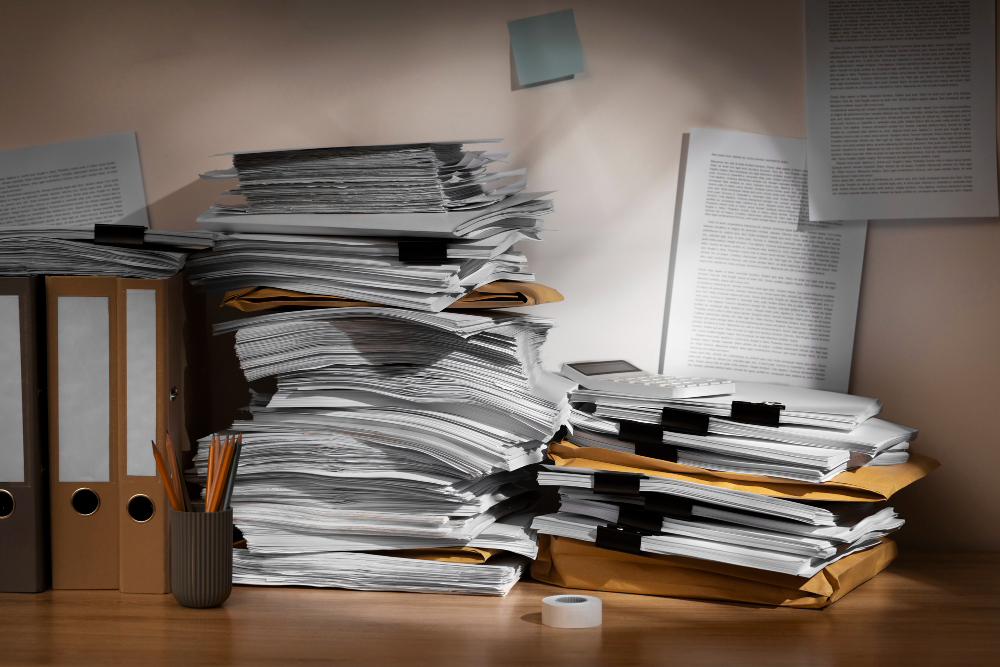
Paper recycling has become increasingly important in recent times, with many individuals and businesses choosing to recycle paper to help ensure a cleaner environment. Yet, not everyone fully understands the paper recycling process, including what can be recycled and what can't, why it's important, and how it's done. In this guide, we'll take a deep dive into paper recycling and provide step-by-step instructions to help you start recycling paper successfully. And if you're based in New Jersey and need help with paper recycling, All County Recycling is always here to help.
The first step to successful paper recycling is knowing what can and cannot be recycled. Most paper products, including newspaper, magazines, envelopes, cardboard, and office paper, can be recycled. However, paper products that are contaminated with food, such as pizza boxes, cannot be recycled. Additionally, glossy paper, such as magazines, should be separated from regular paper since it can't be recycled in the same way.
Once you have your paper products sorted, the next step is to gather them up and prepare them for recycling. It's important to remove any staples, paper clips, or other materials that might be attached to the paper, as these can damage recycling equipment. You can leave small amounts of tape and sticky notes on the paper since these are easily removed during the recycling process.
After you've prepared the paper products, the next step is to take them to your local recycling center. Many centers offer curbside pickup services, making it easy to recycle paper without leaving your home. If your center doesn't offer curbside pickup, you can drop your paper products off at the recycling center.
Once your recycling center has your paper products, they'll be sorted based on their type and grade. Next, they'll be pulped into a slurry, a mixture of water and paper fibers, and cleaned to remove any impurities. The slurry is then processed into large rolls of recycled paper, which can be used to create new paper products such as newspapers, office paper, and cardboard boxes.
Recycling paper might seem like a small step, but it's an important one that can make a big difference in protecting the environment and natural resources. By following the steps outlined in this guide, you can start recycling paper and doing your part to ensure a cleaner planet. And if you want expert guidance on paper recycling in New Jersey, don't hesitate to contact All County Recycling for a free consultation. Our team is committed to making recycling easy and stress-free for you!